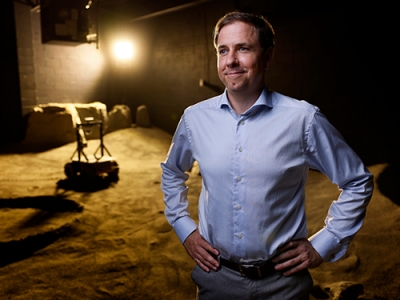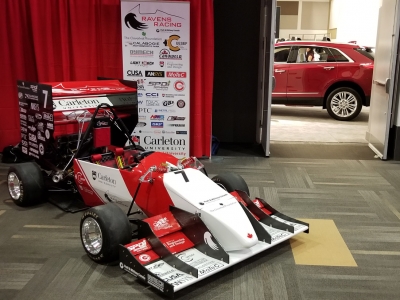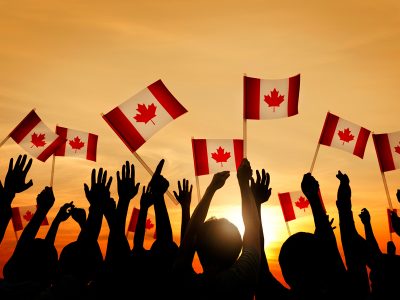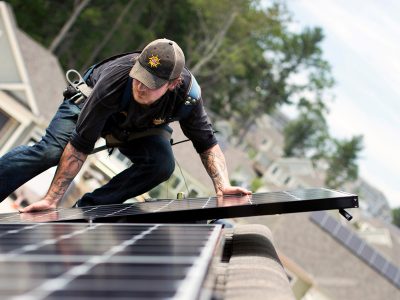By Elizabeth Howell
Carleton’s Fall Graduation 2020, a university-wide online celebration, launched on Saturday, Nov. 14. Watch the celebration at the Carleton Grads 2020 website now!
Carleton science PhD graduate Andrea Reid, a citizen and member of the Nisg̱a’a Nation on British Columbia’s north coast, will take her extensive experience working with Indigenous fishers and fisheries to the University of British Columbia.
Reid has been awarded a PhD in Biology, along with the Governor General’s Medal and the University Medal for Outstanding Graduate Work at the doctoral level.
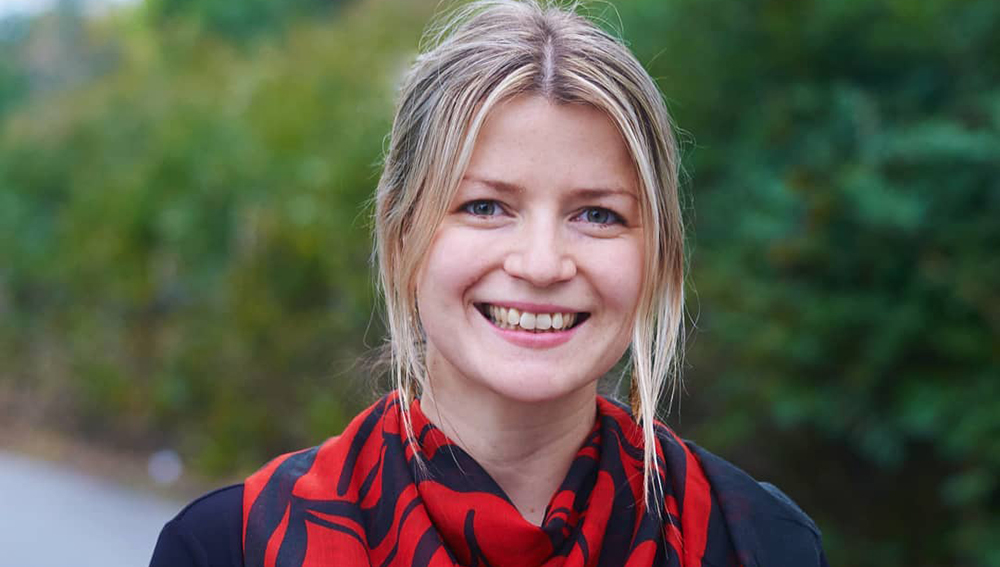
Andrea Reid
Reid will expand her completed doctoral work on conserving Pacific salmon at UBC’s Institute for the Oceans and Fisheries, as a professor of Indigenous Fisheries Science. Reid received extensive research support from the Nisg̱a’a community, the National Geographic Society and co-supervisors, Carleton Biology Prof. Steven Cooke and Scott Hinch (a UBC fisheries researcher), among others.
“In my research, I had the privilege to interview Elders from 18 First Nations across British Columbia about the state of our salmon and the changes they’ve seen in the fish,” Reid said.
Climate change and rising water temperatures are stressing the fish as they migrate to their spawning grounds, as are various fishing practices along their migratory path. According to Reid, sockeye salmon are the heart of the Nisg̱a’a Nation, with this vital food embedded into the language, culture and traditions of the nation for thousands of years.
Reid’s thesis outlines many solutions to reduce stress and injury in salmon, so that more fish can reach their spawning grounds each year. She focused much of her PhD research on ‘bycatch’—non-target salmon that are released by commercial fisheries to comply with conservation policies. Her findings suggest that salmon bycatch survival can be improved if these fish spend less time in fishing nets and in less-crowded quarters.
“By fishers capturing fewer fish at a time, they can be sorted into harvest and bycatch more quickly, with the latter being returned to the water sooner to continue along their migrations with less stress and fewer injuries.”
Reid created a course at Carleton in 2019 called “Indigenous Knowledge and the Environment” as part of the university’s interdisciplinary Technology, Society, Environment Studies program. About 20 local Indigenous thinkers and scholars participated in roundtable discussions. Reid will take this course to UBC as she continues to forge connections with that province’s Indigenous nations.
“Indigenous knowledge will help us at this time of pretty severe ecological crises,” she said. “Western science does have some amazing tools, but we can’t forget that Indigenous peoples perform their own science as well—just from a different perspective not born of the Renaissance. Further, we need to recognize that Indigenous rights must be upheld in Canadian society, and that respecting Indigenous science, stewardship and sovereignty is part of this conversation.”
As Reid leads a new Indigenous Fisheries Research Unit, she will work on conservation issues side by side with Indigenous nations. She also will honour the legacy of one of her mentors, the late Joseph Gosnell Sr., who was a former president of the Nisg̱a’a Nation and a recipient of the Order of Canada.
“He was an amazing individual, and when I interviewed him in his home for my PhD research, he had a 40-minute speech on the state of the salmon prepared for me instead,” Reid said.
“He only has elementary-level education formally, but he made such an impact fighting for Nisg̱a’a sovereignty, navigating the complex Canadian judicial system, that he received multiple honorary degrees in law during his lifetime. He and so many others have made a difference to both me and my community.”
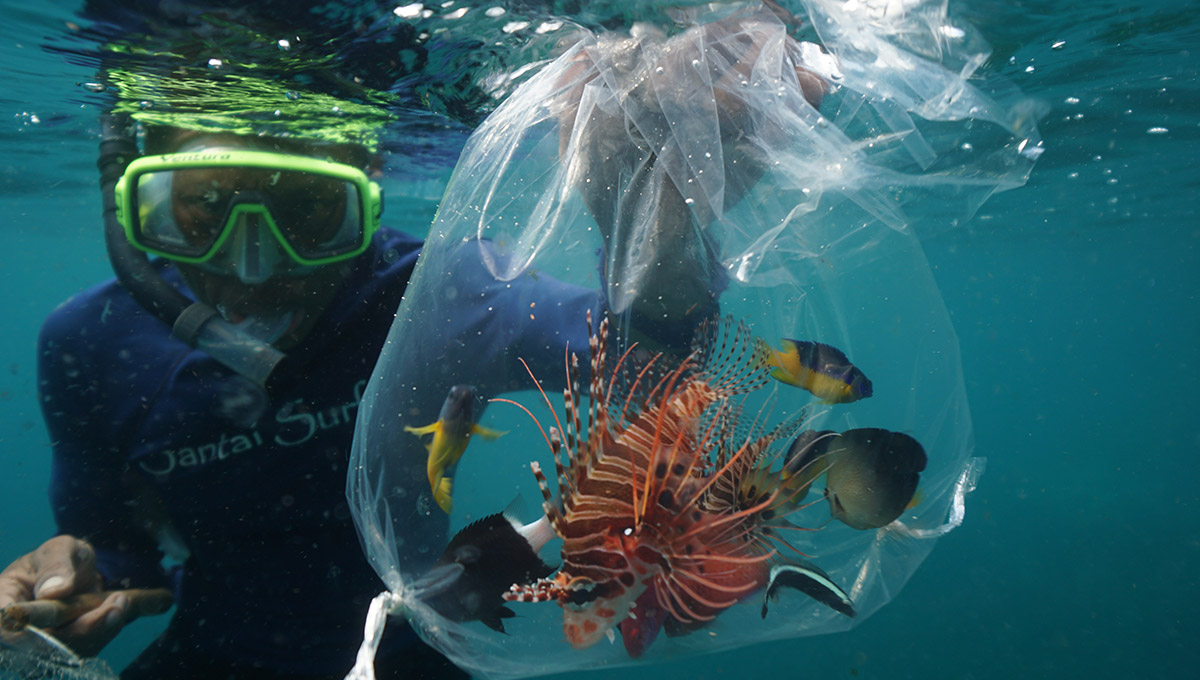
Tuesday, November 10, 2020 in Biology, Grad Stories, Indigenous
Share: Twitter, Facebook
